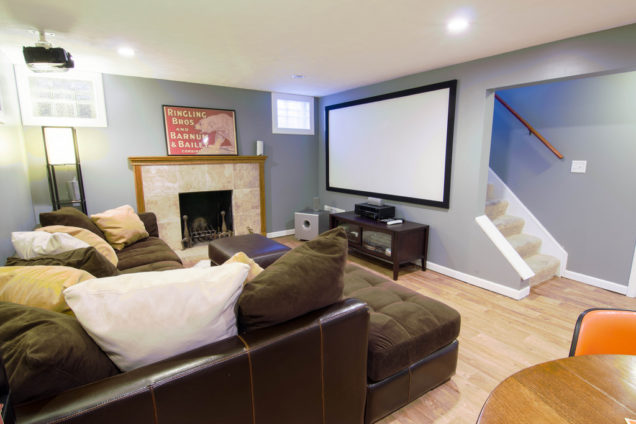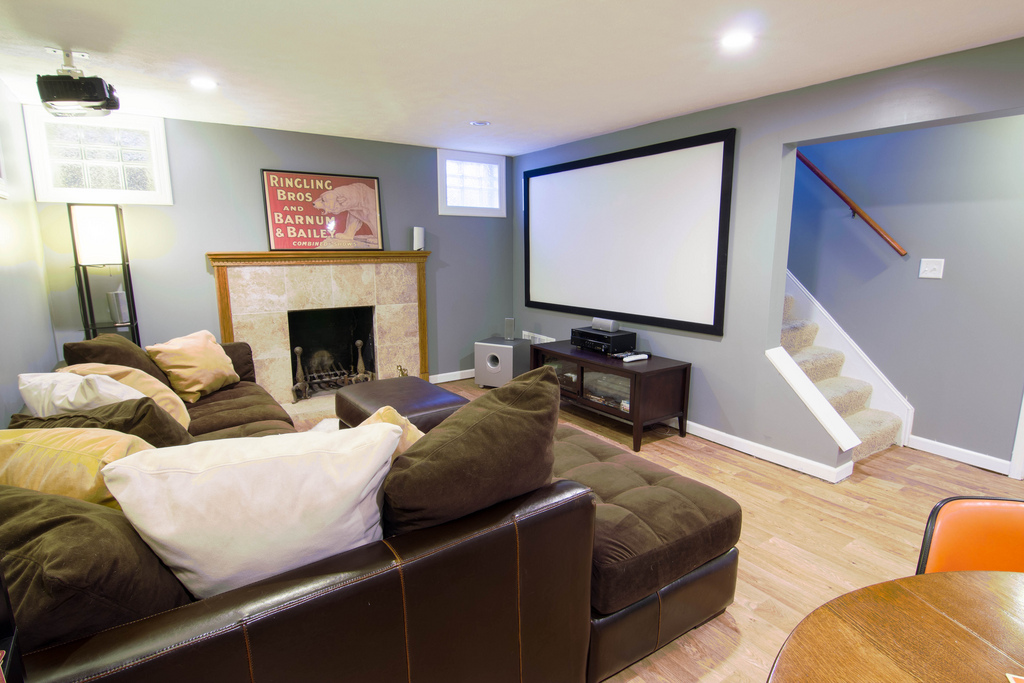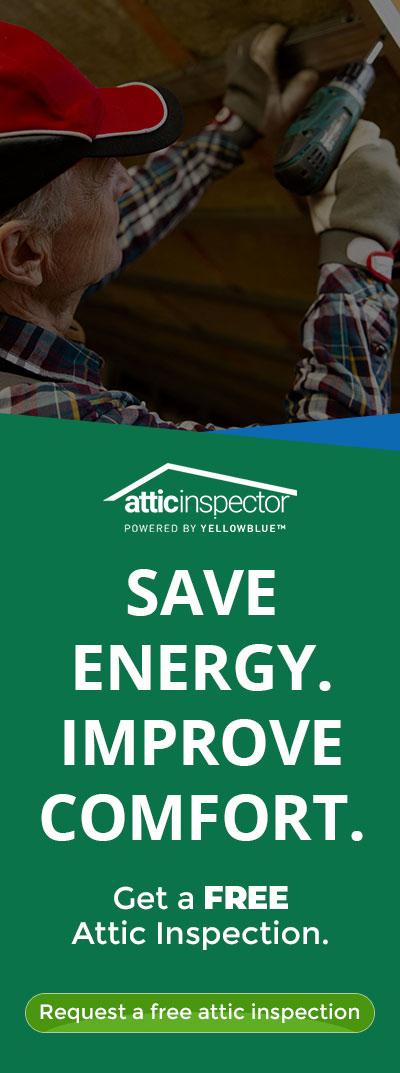For some homeowners, the basement is a sanctuary, while for others it’s a nightmare. No matter how much time you’ve put into the room beneath your rooms, there’s a chance the air quality down there needs some love.
Without windows or doors, basement air quality is naturally more difficult to enhance. But solutions do exist. Basement ventilation systems tackle the tough job of keeping the room buried underground from being damp, dusty, and dangerous.
We’ve broken down what the systems do and why exactly you should ventilate your basement below.
How It Works
If the room is often unattended, primarily used for storage, or effectively unfinished, then there’s a good chance you should ventilate your basement. If you want to improve basement air quality, the most surefire method is investing in the right basement ventilation system.
There are a number of ways that a ventilation system can work. Ventilation can either be “spot” or “general” ventilation, meaning it can be targeted at a specific area or for an entire construct. Basement ventilation is typically general ventilation, as it needs to combat all the sources of pollutants around it (the soil, outdoor air, your home above, etc.).
Among general ventilation systems, a common method used is the exhaust method. This form of ventilation sucks out and dispels all unhealthy stale air from a basement while in use. It then pushes it into the air outside your home. On top of this, the basement ventilation systems provided through yellowblue™ are solar powered, giving your home a reduced carbon footprint.
What It Fights
Here’s a quick look at the primary pollutants basement ventilation protects against.
Moisture
Moisture in your basement air can be influenced by the outdoor air moisture, first-floor moisture, soil air moisture, and the HVAC systems connected to your house.
You can generally tell if your basement has a high degree of moisture if it smells musky, damp, or just feels more humid than the rest of your home. If you’re unsure, take a look at the walls, floors, and corners to check for moisture spots. You can also try to find any condensation on surfaces throughout the basement.
A damp basement can lead to unpleasant smells, weakening of stanchions and beams, and a great climate for mold growth. Moisture is the most common reason you should ventilate your basement, as nearly all homes in all climates are vulnerable to its effects.
Mold
Mold can cause allergic reactions and pose a health hazard to the occupants of a home.
The symptoms of mold can be hard to distinguish from common cold symptoms, so homeowners often don’t realize the extent of their mold problem until it has grown. If anyone in your home has persistent congestion, throat irritation, coughing, or eye itchiness, mold might be the cause of the problem. Mold spores are also considered a common asthma trigger.
Moisture solutions generally tend to work as mold solutions. It’s important to not only clean up the current mold buildup, but solve the moisture at the source. Otherwise, the issue will keep on reappearing.
Basement ventilation solves both moisture and mold problems at once by dispersing the air carrying them out of your home.
Radon
A dangerous invisible toxic gas, radon is the second leading cause of lung cancer in the United States. The gas is emitted from the decomposition of uranium in soil and rocks, meaning basements are particularly susceptible to it.
Most people are exposed to small amounts of radon all throughout the day. But basements and other underground structures are more prone to higher radon levels. While you can’t take the uranium out of the soil around the house, you can minimize its effects through proper ventilation.
Basement ventilation systems are an excellent protector against the harmful emission, and products like the yellowblue™ solar basement ventilation system is designed to specifically defend against radon and minimize its impact.
Ventilate Your Basement Today
Contact yellowblue™ today to discuss how we can help keep your basement healthy and protected against common pollutants.




